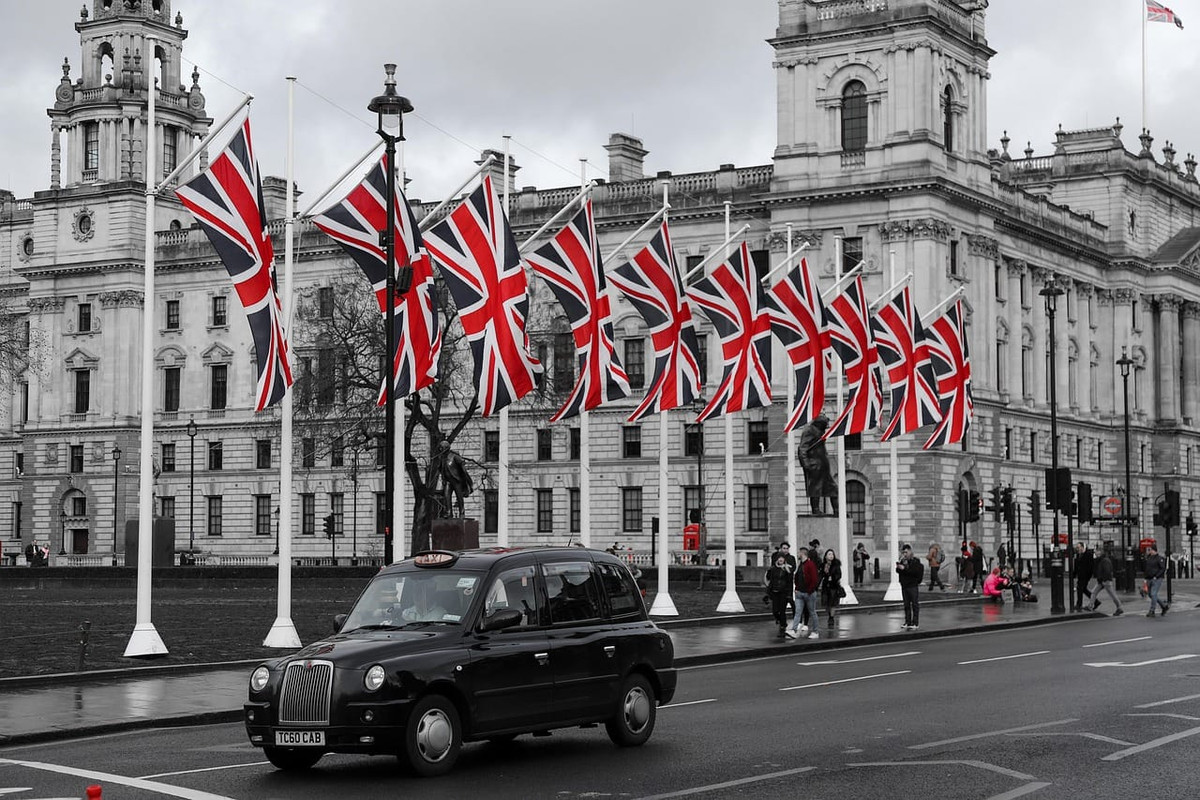
Low-cost logistics champion Windracers has unveiled its next generation self-flying freighter, the Windracers ULTRA MK2, at the ME London Hotel in central London. With twice the power output of its predecessor, the Windracers cargo drone delivers a 50% increase in useful payload as well as a significant reduction in fuel costs while cementing its position as the low-cost cargo drone of choice for medium-haul logistics.
Originally conceived to reduce the cost of delivering humanitarian aid to remote communities, and designed and manufactured in the UK, Windracers ULTRA is the most accomplished, low-cost heavy-haul, long-distance cargo drone available today. Today Windracers ULTRA operates in Ukraine, the UK and the US, enabling organizations to move meaningful payloads to hard-to-reach places quickly, safely and cost-effectively.
“The launch of the ULTRA MK2 is evidence that Windracers has quickly moved from an idea to a commercial organization that meets the needs of today’s customers,” commented founder and group CEO Stephen Wright. “I am very proud of the Windracers team who have done an outstanding job of bringing ULTRA MK2 to market in a very short period of time and of developing ULTRA over the past eight years. I know the team shares my excitement when we see the operational impact of ULTRA MK2 on our customers helping people around the world.”
Simon Thompson, Windracers Group CEO, added: “From eliminating the need for a pilot to developing a reliable multi-role platform that is easy to use and maintain, our ultimate goal is to reduce cost for the end user.” “In the ULTRA MK2, we have halved our operating fuel cost per kilogram, and we will find even more efficiency in the future for our customers.”
The launch included interviews with two ULTRA MK2 customers, NORCE and Aviation Sans Frontieres. Rune Storvold, senior vice president of observing systems at NORCE, detailed how the ULTRA MK2 will carry two types of radar systems to detect changes in the Antarctic climate. Benoit Gabouret, Head of the Air Without Borders missiontalked about how the ULTRA MK2 has, for the first time, integrated a long-haul heavy drone into the humanitarian supply chain to create a service that can operate in rapidly changing conditions.
Windracers ULTRA MK2 can take off, fly and land safely without the need for a remote pilot and with minimal ground operator supervision, whether day, night or in fog. The ULTRA MK2 is controlled by its autopilot system, Windracers Autopilot™, a multi-layered flight control system robust against flight controller failure and sensor failure. The ULTRA MK2 includes Windracers Mission Control™, a path planning and aircraft monitoring system with an intuitive interface that requires minimal training.
With the launch of the ULTRA MK2 self-flying cargo drone, Windracers is expanding its position as the low-cost cargo drone of choice for medium-haul logistics. With a 10-metre wingspan, the powerful ULTRA MK2 features two 50hp Hirth F23 engines, doubling the power output of its predecessor. The ULTRA MK2 delivers a significantly enhanced useful payload of 150kg while halving fuel costs per kg.
The Windracers ULTRA multi-purpose platform is capable of detect, drop and deliver. It has many practical applications that include mail, parcels, humanitarian assistance, defence, medical and environmental protection. Windracers are trusted by organizations with the most stringent standards – including the British Antarctic Survey, Aviation San Frontieres, NORCE, Lancashire Fire and Rescue, Royal Mail, Royal Navy and the UK Ministry of Defence.
Windracers have completed hundreds of thousands of kilometers of autonomous beyond-line-of-sight (BVLOS) flights in some of the world’s most hostile environments, from Scotland’s Orkney Islands to Antarctica. Its drones have also been conducting intelligence, surveillance and reconnaissance (ISR) operations and resupply support to the Ukrainian Armed Forces since 2023 as part of the UK MoD’s Drone Support Programme.
The launch of the ULTRA MK2 comes at a time when governments, regulators and logistics companies increasingly recognize the inevitable shift to autonomous flight. The UK government recently announced the establishment of an Office for Regulatory Innovation to accelerate access to new technologies including cargo drones.

